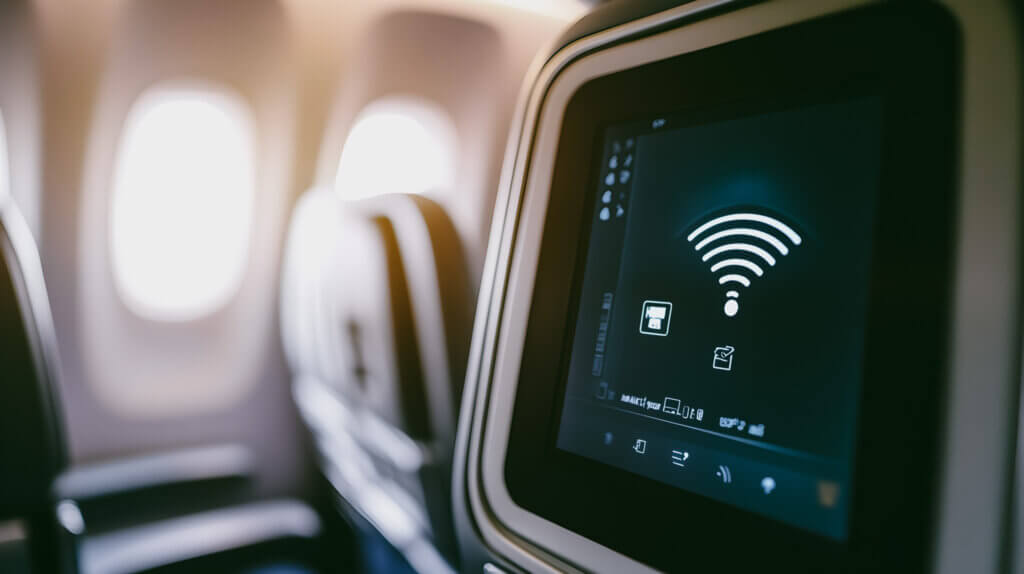In today’s economic environment, companies are under constant pressure to make travel savings while maintaining efficiency – especially when it comes to business travel. While organisations often focus on negotiating better flight and hotel rates, many overlook a significant area of potential savings: ancillary travel services.
Ancillaries – like seat upgrades, baggage fees, airport transfers, in-flight Wi-Fi, and lounge access – may seem like minor expenses individually. But when multiplied across an entire workforce over dozens or hundreds of trips, they can quickly add up into a substantial, often unmanaged part of your travel budget.
That’s where a Travel Management Company (TMC) comes in.
What are ancillaries in business travel?
Ancillaries refer to any non-core travel services purchased in addition to flights, hotel rooms, or car rentals. These include:
- Baggage fees
- Seat selection & upgrades
- In-flight meals & Wi-Fi
- Airport transfers
- Lounge access
- Hotel add-ons (late checkout, breakfast, etc.)
Why booking ancillaries through a TMC equals travel savings
Here’s how booking these services through your TMC can lead to significant cost savings and better oversight:
1. Bundled discounts & corporate rates
TMCs often have negotiated rates or access to exclusive discounts with airlines, hotels, and transportation providers. These savings extend beyond flights and rooms to include ancillaries like extra luggage or premium seat selection. Companies benefit from volume-based pricing that individual travellers or unmanaged bookings can’t access.
2. Improved expense visibility
Booking ancillaries through your TMC consolidates all travel-related costs, making it easier to track, report, and control expenses. You gain better visibility into spending, which supports forecasting and budgeting.
3. Policy compliance
When employees book extras on their own, it’s hard to ensure those purchases align with your company’s travel policy. A TMC enforces your rules by integrating policy controls, preventing out-of-policy spend on premium upgrades or unapproved add-ons.
4. Fewer reimbursement headaches
By centralising ancillary bookings, companies reduce the need for post-trip reimbursements. This saves time for both employees and finance teams and minimises the risk of errors or fraudulent claims.
5. Traveller satisfaction & travel savings
Some ancillaries – like Wi-Fi access or lounge passes – directly impact traveller productivity and satisfaction. By sourcing these perks through a TMC at a reduced rate, companies can keep employees comfortable and productive without overspending.

6. Data-driven optimisation
TMCs provide analytics on ancillary spending trends, helping companies identify frequent services used and where savings can be optimised further. This allows for smarter vendor negotiations and more strategic decision-making.
Final Thoughts
Ancillary travel services might not seem like a big-ticket item, but they can significantly affect your bottom line if left unmanaged. By partnering with a travel management company and funnelling all ancillary bookings through them, organisations can unlock cost savings, improve control, and deliver a better travel experience to their teams.
In short: small charges, big impact – especially when handled smartly.
Ready to streamline your travel programme and reduce hidden costs? Talk to MIDAS Travel about integrating ancillary services into your business travel booking workflow.
USEFUL LINKS
- Premium airline offerings – MIDAS Travel Blog
- What we do – MIDAS Travel Website
- On-board Wi-Fi – British Airways


One Response